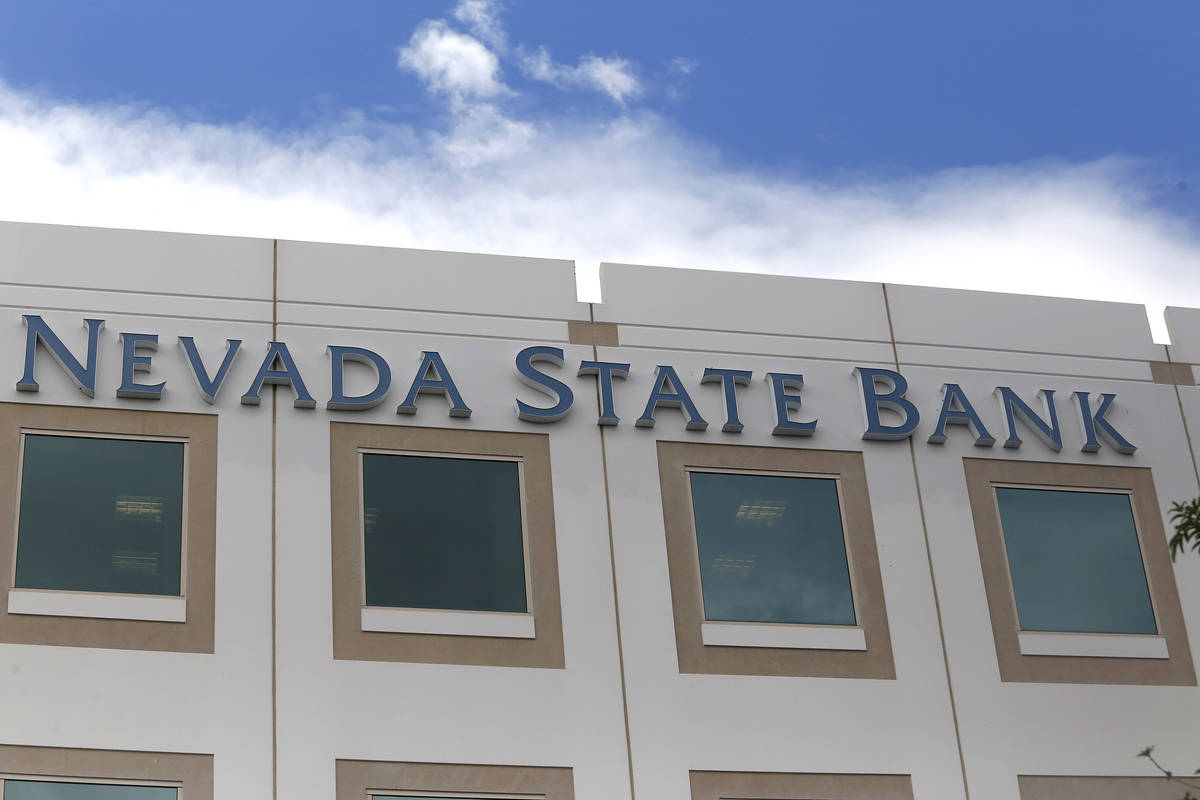Banks reaching out to help customers with mortgages, loans
NEW YORK — Tarred as villains during the 2008 financial meltdown, banks of all sizes are trying to help out Americans reeling from the economic crisis caused by the coronavirus outbreak.
Banks are scrambling to put into place loan forgiveness and relief programs, working to keep their customers from panicking or falling into financial ruin. They have a vested interest preventing millions of people and businesses from defaulting on hundreds of billions of loans at once, something that would do significant damage to the banks’ own finances.
Unlike 2008, banks are not the cause of economic crisis gripping the nation. And banks now have plenty of capital on hand to handle this crisis, economists say.
But the potential for millions of their customers to default on credit cards, small business loans and mortgages means banks have to do something to protect borrowers, many of whom went from having a job or a business to nothing, sometimes in a matter of days.
Terry Shirey, president and CEO of Nevada State Bank, said the company was calling clients to see what help they can provide.
Shirey said in an email the bank was “encouraging clients to reach out to their banker or branch if they are experiencing financial difficulties due to the significant impact to our community caused by COVID-19.”
“We stand ready to explore payment deferrals and loan extensions, when conditions permit. Deferred payments will not be reported as delinquent to credit bureaus. Additionally, we have generally placed a moratorium on foreclosures.”
Molly Snyder of US Bank said the company was monitoring the environment, including the proposed stimulus plans.
“We currently provide an industry-standard offering which provides for a minimum 90-day forbearance program with no late fees and are committed to working with our customers during these challenging times,” Snyder said in an email. “If, at the end of the hardship, customers are unable to pay their installments in full, options such as extending the assistance plan, repayment plans, or a loan modification may be available.”
She added that customers can get assistance by calling 888-287-7817 and pressing option No. 2. They have a high volume of calls and waits may be long, she said. They are encouraging customers to wait until closer to their payment due date to call.
Maura Cordova, vice president of media and community engagement for JPMorgan Chase, said in an email that help is available for Chase mortgage customers who have been affected by coronavirus. They can get information at chase.com/mortgageassistance.
The Department of Housing and Urban Development has imposed a 60-day moratorium on all evictions and foreclosures on all homes with a loan through the Federal Housing Administration, or FHA.
The aid that a bank will provide varies in generosity depending on the bank, however. Some are just allowing customers to defer payments, meaning interest is still accumulating while in these programs. Others have instituted forbearance programs, where there will be no penalty for a customer who wants to hold off paying debts for 30 or 60 days.
Huntington Bancshares, a $100 billion bank operating mostly in the Midwest, has instituted 30-day deferral programs for any borrower who asks for help — no paperwork or questions asked — and is reaching out to customers asking if they need more time. They are extending the deferrals 30 days at a time, if necessary.
The biggest banks are taking similar actions. Bank of America is allowing customers to defer payments across all of its products and is not reporting any negative activity like missed payments to the credit bureaus. So have JPMorgan Chase, Wells Fargo and Citigroup.
Smaller banks are also acting to help customers. Southern Bancorp, with roughly $1.5 billion in assets headquartered in Arkansas, is modifying loans as quickly as possible or charging only interest on loans where it can for small-business borrowers or customers.
Banks are putting these programs in place partly because they would be facing a massive number of defaults and bad loans on their books without them — causing billions of dollars worth of paper losses to the banking sector. Bank stocks have been hit particularly hard this year as they are considered a proxy for the overall economy. The KBW Bank Index, composed of banks from across the country, is down 45 percent this year alone compared with the 15.5 percent decline of the S&P 500.
Further, credit reporting companies like Experian and Equifax would be swamped with negative credit reporting data, which would destroy the credit scores of millions of Americans who were paying their bills on time but suddenly find themselves out of a job. That would make giving loans in the future to these impacted borrowers more difficult.
The Review-Journal contributed to this report.




























